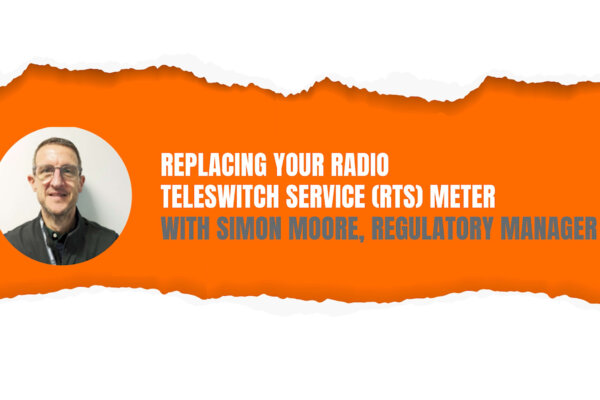With businesses feeling the implications of a volatile period for energy prices and high inflation, many are facing a difficult balancing act. Day-to-day operational challenges require immediate attention but the transition to sustainable, net zero operations is also pressing. However, with access to more data than ever, businesses are better positioned to evaluate their procurement options. Having better insight into energy usage enables businesses to work with their supplier to establish a contract that truly meets their requirements – and one that can help them take full advantage of the energy transition.
This means taking a different approach to electricity procurement. Businesses will need to work directly with suppliers and take a more holistic approach. This means not just thinking about unit and standing charges, but truly understanding consumption, volume and energy profiles, and thinking ahead.
At Bryt Energy, we understand that for businesses who are already facing more immediate challenges, this may feel daunting. But we believe that implementing a new mindset will enable a huge number of new opportunities, better control of energy usage and spend, and a faster route to a new, net zero energy system.
Here are 3 top tips to supercharge your business electricity procurement strategy:


